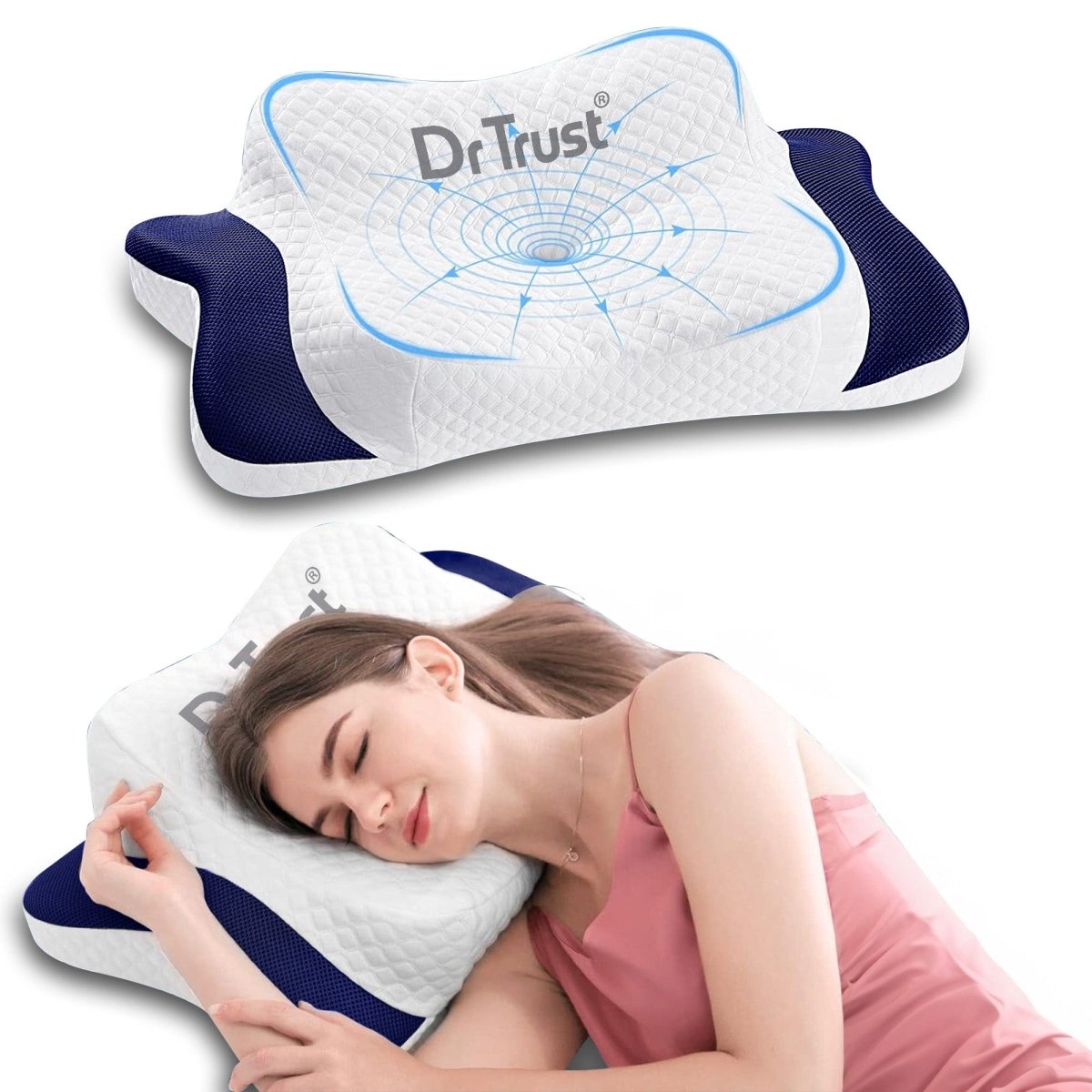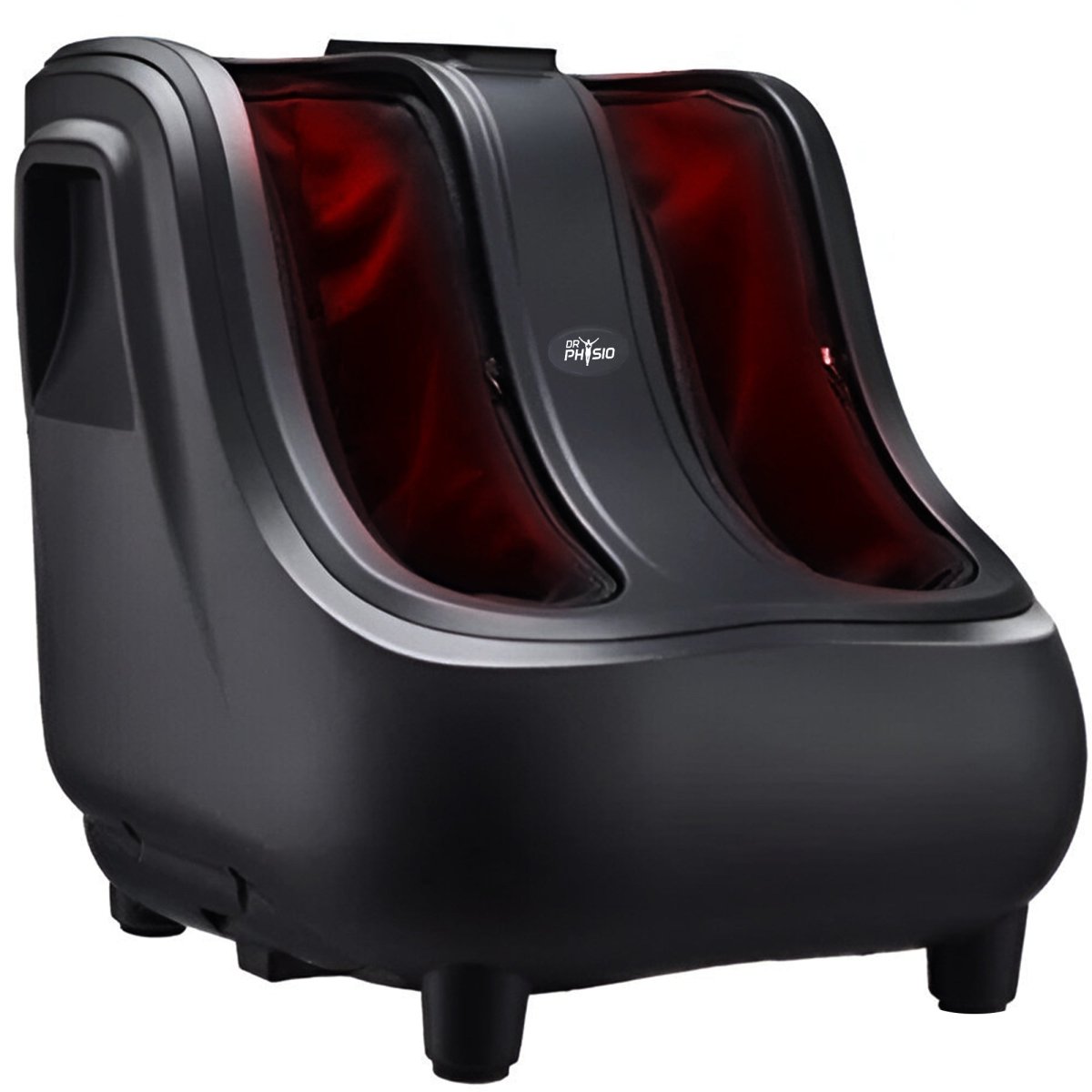When it comes to breathing and staying healthy, especially if you have conditions like COPD, or asthma, or are recovering from something like COVID-19, it's important to about a device – oxygen concentration.
The demand for oxygen concentrators increased during and after the COVID-19 pandemic. Low oxygen flow, reduced oxygen purity, system overheating, and more are some of the common problems with oxygen concentrators.
This blog is addressing these common malfunctions and offering insights into troubleshooting methods and provides valuable information to ensure optimal usage and comprehension of the device.
Q: What Is An Oxygen Concentrator?
A: An oxygen concentrator is a medical device providing additional oxygen. It filters ambient air, delivering 90%-95% oxygen.
It concentrates oxygen by removing nitrogen, supplying an oxygen-enriched gas stream. Used industrially, at high altitudes, and as medical devices for oxygen therapy, they ensure a reliable oxygen supply.
If you suffer from health conditions that cause your oxygen levels to drop too low, such as asthma, lung cancer, COPD (chronic obstructive pulmonary disease), the flu, COVID-19, sleep apnea, heart failure, cystic fibrosis, or bronchitis, your doctor may prescribe an oxygen concentrator for you.

Q: Why Are Oxygen Concentrators Used?
An oxygen concentrator is a machine that takes the air around you, removes nitrogen, and gives you nearly pure oxygen, up to 95%. If you have trouble breathing due to a medical condition {mentioned below}, your doctor may recommend using an oxygen concentrator to help you breathe better.
Asthma
COPD (chronic obstructive pulmonary disease)
Q. How to Use an Oxygen concentrator?
Check out this video for a general idea on how to use an oxygen concentrator.
Oxygen Concentrator Errors and Alerts: Understanding Common Issues
Q: Why Might An Oxygen Concentrator Stop Working?
A: Technical issues, aging, or external factors can lead to malfunctions. Troubleshooting before seeking professional help is advised.
Specific Solution: Examine power connections for loose plugs, inspect the cord for any visible damage, and ensure proper ventilation around the concentrator.
Q: What Are Some Safety Tips For Using Oxygen Concentrators At Home?
A: Switch to backup oxygen, avoid disassembling, keep away from heat liquids, use genuine accessories, and unplug in cars.
Specific Solution: In case of a power outage, swiftly switch to a backup oxygen source. If there are concerns, consult the user manual or reach out to customer care for manufacturer-approved safety guidance specific to your model.
Q: How Can I Troubleshoot An Oxygen Concentrator If It's Not Providing Oxygen?
A: Check power connections, cord damage, ventilation, nasal cannula positioning, tubing, flow-meter knob, and surroundings. Follow manufacturer guidelines for portable units.
Specific Solution: If oxygen delivery is inadequate, ensure the nasal cannula is secure, inspect tubing for twists, and confirm the flow-meter knob is open.
Q: What Are Common Errors Or Alerts In Oxygen Concentrators, And How Can I Address Them?
A: Low oxygen, purity below 80%, no breath detection, low battery, and temperature alerts require specific checks. Follow the troubleshooting steps provided for each situation.
Specific Solution: Refer to the user manual for error code meanings; for low purity, clean the intake vent; for low battery, recharge or replace it.
Q: When Should I Perform A Hard Restart On A Portable Oxygen Concentrator?
A: If facing persistent issues, perform a hard restart by shutting down, disconnecting power, removing batteries, waiting 20 minutes, and then restarting with AC power before reattaching batteries.
Specific Solution: A hard restart involves a complete shutdown; ensure all steps are followed precisely as outlined in the user manual. If problems persist, reach out to customer support for guidance on performing a hard restart specific to your model.
Q: What Preventative Maintenance Should Be Done On Oxygen Concentrators?
A: Regularly clean or replace the intake filter, ensuring it's not worn out. Address issues like a weakened sieve bed or worn-out compressor by seeking professional assistance for replacements.
Specific Solution: Adhere to the maintenance schedule in the user manual; clean the intake filter as recommended. Seek professional help from the manufacturer for sieve bed or compressor issues, ensuring replacements are according to their guidance.
Q: How Can I Contact Customer Care For Oxygen Concentrator Issues?
A: Find the customer care number on the unit or contact the manufacturer with details like make, model, serial number, the problem faced, current location, and duration of the issue.
Specific Solution: Dial the customer care number provided on the unit, share specific details, and follow the guidance given by the customer care representative. Ensure you provide accurate information as per their request for efficient problem resolution.
Note: For effective troubleshooting, follow the step-by-step instructions provided in the user manual or manufacturer's guidance. If issues persist, seek assistance from customer care, adhering to the precise instructions outlined by the manufacturer.
Learn more here!
Q: Can An Oxygen Concentrator Be Used At Home?
A: Oxygen concentrators are medical devices and should only be used at home with a prescription from a healthcare provider. Using one without proper authorization can be harmful.
Q: Which Is The Best Oxygen Concentrator?
A: There are many options for the best oxygen concentrator for home use, however, you must check the features and then choose the best for yourself. A few of them are as below:
Dr Trust - Oxygen Concentrator 1101
Nidek Nuvo Lite - Home Stationary (5LPM)
Philips Respironics Everflo - Home Stationary (5LPM)
DeVilbiss 5 LPM - High Flow Stationary (5 LPM)
Oxymed Mini 5 LPM - Home Stationary (5LPM)
Q: Can I leave The Oxygen Concentrator on All Night?
A: Portable oxygen concentrators can be used at night, provided you adjust the settings according to the prescribed flow rate from your doctor.
Q: Is Using An Oxygen Concentrator Safe?
A: Breathing supplemental oxygen with a prescribed oxygen concentrator is designed to be safe and life-sustaining. However, proper usage tips must be learned for overall safety.
Q: Can You Buy or Rent An Oxygen Concentrator Without A Prescription?
A: No, it's crucial to obtain a doctor's approval and prescription before buying or renting an oxygen concentrator. Misuse without professional guidance can be dangerous and harm the lungs.
Q: How Do Oxygen Concentrators Work?
A: Utilizing atmospheric air, oxygen concentrators filter it to provide a concentrated oxygen supply. They contribute to therapy for over 1.5 million Americans facing conditions that require supplemental oxygen.













1 comment
John Buller
I found the water bottle strap broken this morning; later the bottle fell off and is now sitting on the floor so it can’t fall any further. Is there a chance of malfunction?
I found the water bottle strap broken this morning; later the bottle fell off and is now sitting on the floor so it can’t fall any further. Is there a chance of malfunction?